
|
LLM - Financial, Corporate and Commercial Law |
Further further reading
Non-law books for students interested in financial markets, financial regulation and corporate law
Do you have suggestions for books to be added to this list? Send us an email with the title of the book and (if you want) the reason for recommending it.
| Title | Comment | Availability | |
|---|---|---|---|

|
Andrew Ross Sorkin Too Big to Fail The Inside Story of How Wall Street and Washington Fought to Save the Financial System—and Themselves (Viking Press, New York, 2009)
|
Niamh Moloney: “A highly readable account, based on interviews with key players, of how the US fought to save its major banks over the financial crisis” | |
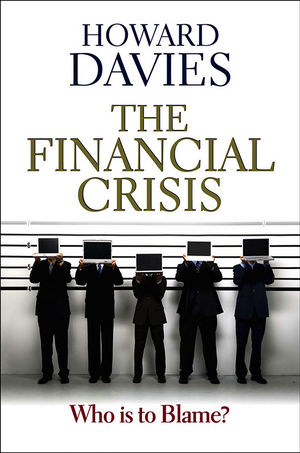
|
Howard Davies The Financial Crisis Who is to Blame? (Polity, Cambridge, 2010)
|
Julia Black: “Davies gives a succinct account of over 30 different actors or events which have been blamed for causing the crisis” | |
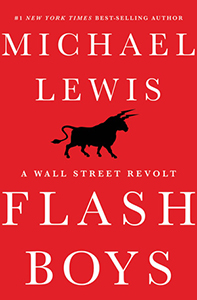
|
Michael Lewis Flash Boys: A Wall Street Revolt (Norton, New York, 2014)
|
Edmund Schuster: “A great read for anyone interested in a non-technical and highly entertaining introduction to high-frequency trading. The book triggered a wave of litigation in the US, with plaintiff lawyers reportedly all but "plagiarising" Flash Boys in their complaints..” | |

|
Michael Lewis The Big Short: Inside the Doomsday Machine (Norton, New York, 2010)
|
Jo Braithwaite: “When Lewis came to LSE to talk about this book, they had to find room for the crowds that wouldn’t fit into the lecture theatre! This is one of a series of very readable and popular books by Lewis about the workings of the financial markets. The focus here is a handful of people who decided to bet against the US housing bubble. It is the story of why and how they did so, and the scorn with which they were treated before the crash.” | |
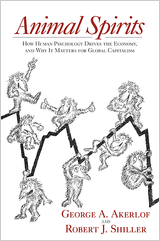
|
George A. Akerlof and Robert J. Shiller Animal Spirits How Human Psychology Drives the Economy, and Why It Matters for Global Capitalism (Princeton, Princeton University Press, 2009)
|
Carsten Gerner-Beuerle:
“Engagingly written book by two leading scholars of finance that explains how
confidence drives financial markets and how it can suddenly evaporate.”
Paolo Saguato: “The best introduction to behavioural economies” |
|

|
Philip Coggan The Money Machine How the City Works (Penguin, 6th ed, 2009)
|
Sarah Paterson: “A highly readable account of how the world of finance works - and it has a great glossary” | |
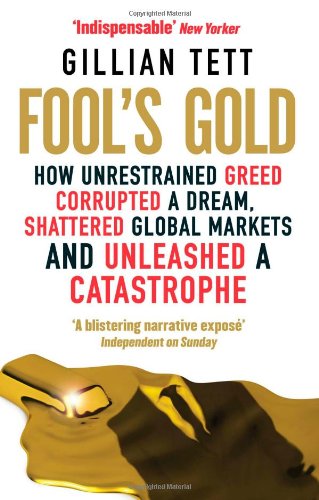
|
Gillian Tett Fool's Gold: How Unrestrained Greed Corrupted a Dream, Shattered Global Markets and Unleashed a Catastrophe (Little Brown, London, 2009)
|
Jo Braithwaite: “This is a very readable account of the development of credit default swaps and synthetic securitisation in the 1990s, and the role played by these innovations in the build up to the financial crisis. There is lots of detail about the people involved in the development of these products, and their relationships with regulators and credit ratings agencies. The last part of the book covers the period 2008-9, including the collapse of Lehman Brothers. It is written by a FT journalist based on interviews with key players, so there are lots of anecdotes which will add colour to more technical accounts.” | |
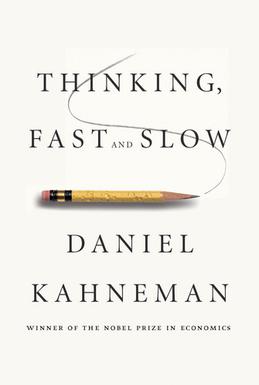
|
Daniel Kahneman Thinking, Fast and Slow (Allen Lane, London, 2011)
|
Eva Micheler: “This book summarises research on human judgement. It is a fascinating account of how we think irrationally, jump to conclusions and fall prey to failures of intuition.” | |
|
|
Bryan Burrough and John Helyar Barbarians at the Gate The Fall of RJR Nabisco (Harper & Row, New York, 1989)
|
Niamh Moloney: “A gripping account of one of the most ferociously contested takeover battles ever – the 1988 fight for RJR Nabisco” | |
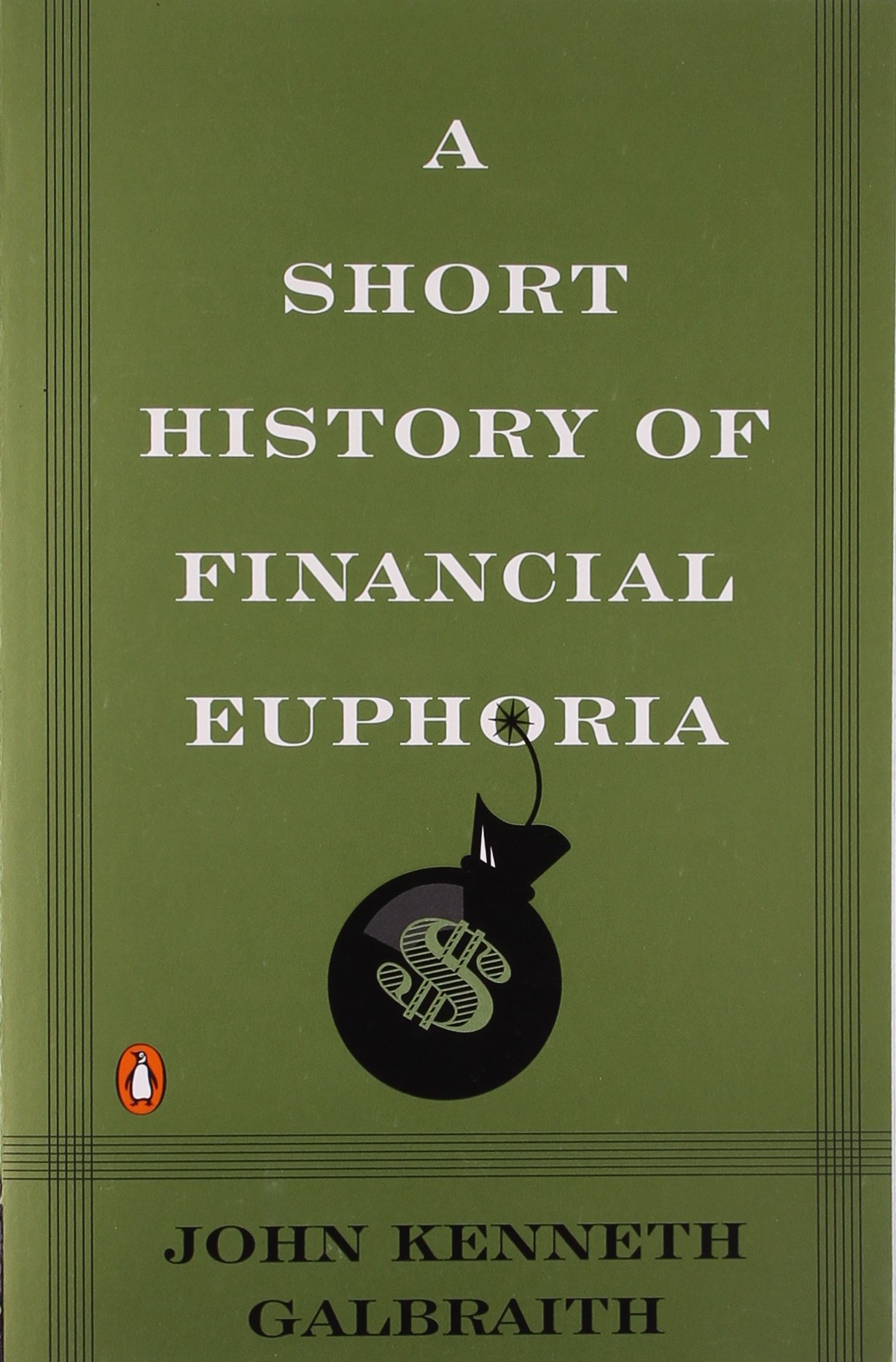
|
John Kenneth Galbraith A Short History of Financial Euphoria (New York, Penguin, 1994)
|
Sarah Paterson: “The book dates from the ‘90s but there is still lots in it of relevance. Galbraith is easy and fun to read – this is a very short book which can be tackled in an afternoon with a cup of tea.” | |
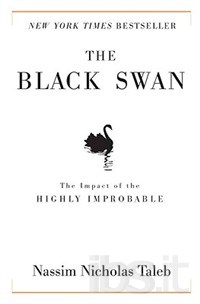
|
Nassim Nicholas Taleb The Black Swan The Impact of the Highly Improbable (Random House, New York, 2nd ed 2010)
|
Niamh Moloney: “Superb account of why random events can cause catastrophic crises” | |

|
Darrell Duffie How Big Banks Fail and What to Do about It (Princeton, Princeton University Press, 2010)
|
Paolo Saguato: “An insightful and concise analysis of the role and structure of dealers banks. Darrell Duffie explores what went wrong with dealer banks during the financial crisis.” | |
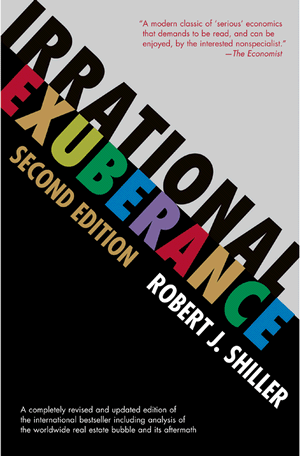
|
Robert Shiller Irrational Exuberance (Princeton, Princeton University Press, 2000 (1st ed) / 2005 (2nd ed))
|
Niamh Moloney: “A classic account of why markets do no behave as expected” | |

|
Charles W. Calomiris and Stephen H. Haber Fragile by Design The Political Origins of Banking Crises and Scarce Credit (Princeton, Princeton University Press, 2014)
|
Paolo Saguato: “An excellent analysis of banking systems and their fragilities. The book provides a superb overview of the historical evolution of banks and the dynamics between politics and public regulation” | |
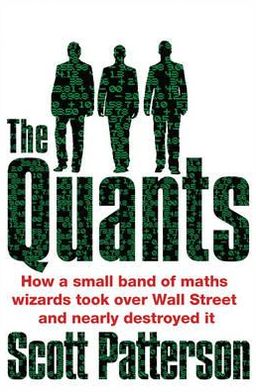
|
Scott Patterson The Quants: How a New Breed of Math Whizzes Conquered Wall Street and Nearly Destroyed It (Random House, New York, 2011)
|
Edmund Schuster: “A fascinating and highly accessible account of the history of quantitative analysis & algorithmic trading, and the role of complex mathematical models in the financial markets.“ | |

|
Anat Admati and Martin Hellwig The Bankers’ New Clothes What's Wrong with Banking and What to Do about It (Princeton, Princeton University Press, 2014)
|
Edmund Schuster: “A thought-provoking book questioning the very foundations of the current policy debate about bank regulation and the safety of the financial system.” | |
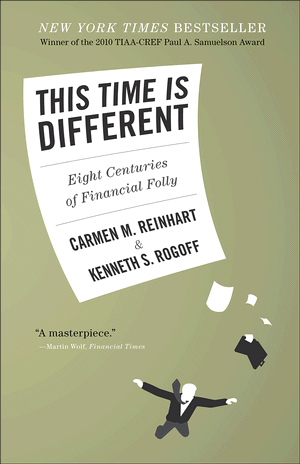
|
Carmen Reinhart & Kenneth Rogoff This Time Is Different: Eight Centuries of Financial Folly (Princeton University Press, Princeton, 2010)
|
Jo Braithwaite:
“This is an empirical investigation into the history of financial crises. It was designed to help
shed light on the most recent financial crisis - the title of the book is intended to be sarcastic. The data has
been controversial (see the FT
coverage) but the ambition of the study and the use of historical data on
this scale is fascinating.”
Paolo Saguato:“An accessible and fascinating history of financial crises in the last eight centuries” |
|

|
Thomas Piketty Capital in the Twenty-First Century (Harvard University Press, Cambridge MA, 2014)
|
Carsten Gerner-Beuerle: “Sweeping account of the development of capital and income inequality, spanning more than three centuries and virtually the whole world. The book is based on a unique historical and comparative dataset and Piketty's conclusions are provocative, having already triggered a lively debate (see the controversy with the FT's Chris Giles).” | |

|
Gary B. Gorton Slapped by the Invisible Hand The Panic of 2007 (Oxford/New York, Oxford University Press, 2010)
|
Paolo Saguato: “A masterpiece to understand the 2007 financial crisis.” | |

|
J. Mark Ramseyer (ed) Corporate Law Stories (Foundation Press, New York, 2009)
|
David Kershaw: “This book tells the interesting stories behind some of the most influential US corporate law decisions of the last century. If you take takeover regulation or comparative company law, you will certainly come across many of the cases covered - and you may find that learning more about the background and context of the decisions makes them (even) more interesting.” | |
|
|
Gary B. Gorton Misunderstanding Financial Crises Why We Don't See Them Coming (Oxford/New York, Oxford University Press, 2012)
|
Paolo Saguato: “In this book Gary Gorton provides a step-by-step analysis of financial crises: their causes, how they build, and policy responses” |
All books are also available from Waterstones on campus

